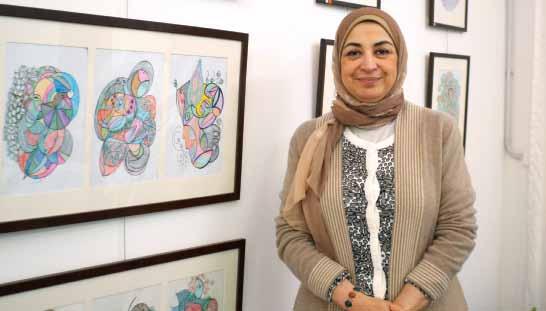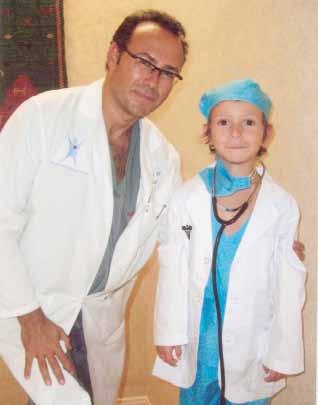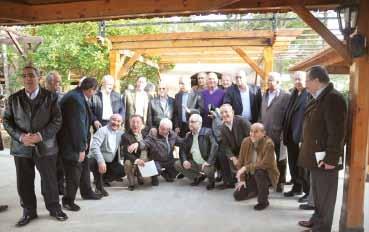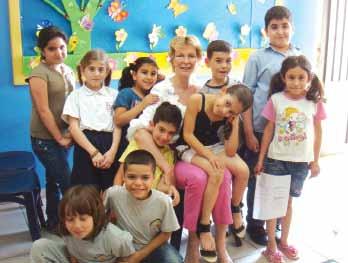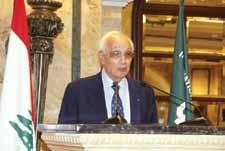
2 minute read
IC translates NETS into Arabic and French
IC has done it again. It can proudly boast that it has taken the lead in guiding all Arabic and French speaking schools around the world into following educational technological guidelines. These guidelines, called NETS, are issued by the The International Society for Technology in Education (ISTE), which specializes in advancing the effective use of technology in schools. The NETS, more specifically, sets various levels of standards (for teachers, students, and administrators) to efficiently integrate IT into the classroom. Mahmud Shihab, IT‘s Educational Technology Program Administrator, came across the NETS in 1999 when the IT component in the Lebanese curriculum had not yet been updated. In search of new guidelines, “I started exploring and came across ISTE’s books and standards,” recalled Shihab, “and we started using them a little bit.” In 2000, IC rewrote its entire curriculum and subsequently initiated the gradual disintegration of stand-alone computer classes and the introduction of fully integrated IT classes. Ten years later, the school began revising the curriculum again. By this time, IT was fully and successfully implemented into the classrooms with Shihab adhering to the NETS guidelines. Over the past few years, he has attended many ISTE conferences and workshops and, in 2010, was appointed as an ISTE Ambassador for the Middle East region. While revising and developing the IT component of the curriculum, Shihab came across a considerably large obstacle. The NETS were only available in English, therefore excluding their application to the school’s French and Arabic programs. “How could we ask French and Arabic language teachers to revise their curriculums using English language standards?” he said. Shihab quickly realized there was only one thing to do. “We had to translate them ourselves,” he said. ISTE seemed thrilled with the idea and asked Shihab to later share the translations. This was easier said than done. The project may not have seemed much at first glance but saturated with highly technical IT terminology. “Every single keyword in the NETS could be expanded into books,” said Shihab. “Standards are supposed to expand into activities. If you don’t use the right word, you have the wrong activities. It was a big responsibility to find just the right word, especially in Arabic.” With the aid of Ghinwa Sabra, IC’s onsite translator, Shihab threw himself into the task. He admits to being stumped many times but “it was a challenge,” he said. “There wasn’t a reference or dictionary that I didn’t look into.” After two months of intensive researching and writing, Shihab finally announced the completion of the translation. IC could now move on with writing its IT curriculum. In April, ISTE published the translated NETS on its website for the use of all Arabic and French speaking schools worldwide. Shihab was profiled in the prestigious Learning and Leading with Technology Magazine with an article aptly titled “Bringing the NETS to the Middle East and Beyond” (March/April 2012 issue) “I experienced how wonderful the NETS can be,” said Shihab. “Other schools many not know about it because it wasn’t written in their language. But now they can see for themselves. IC has indeed pioneered the use of NETS standards in French and Arabic worldwide. It feels really good to have had a hand in it.”




